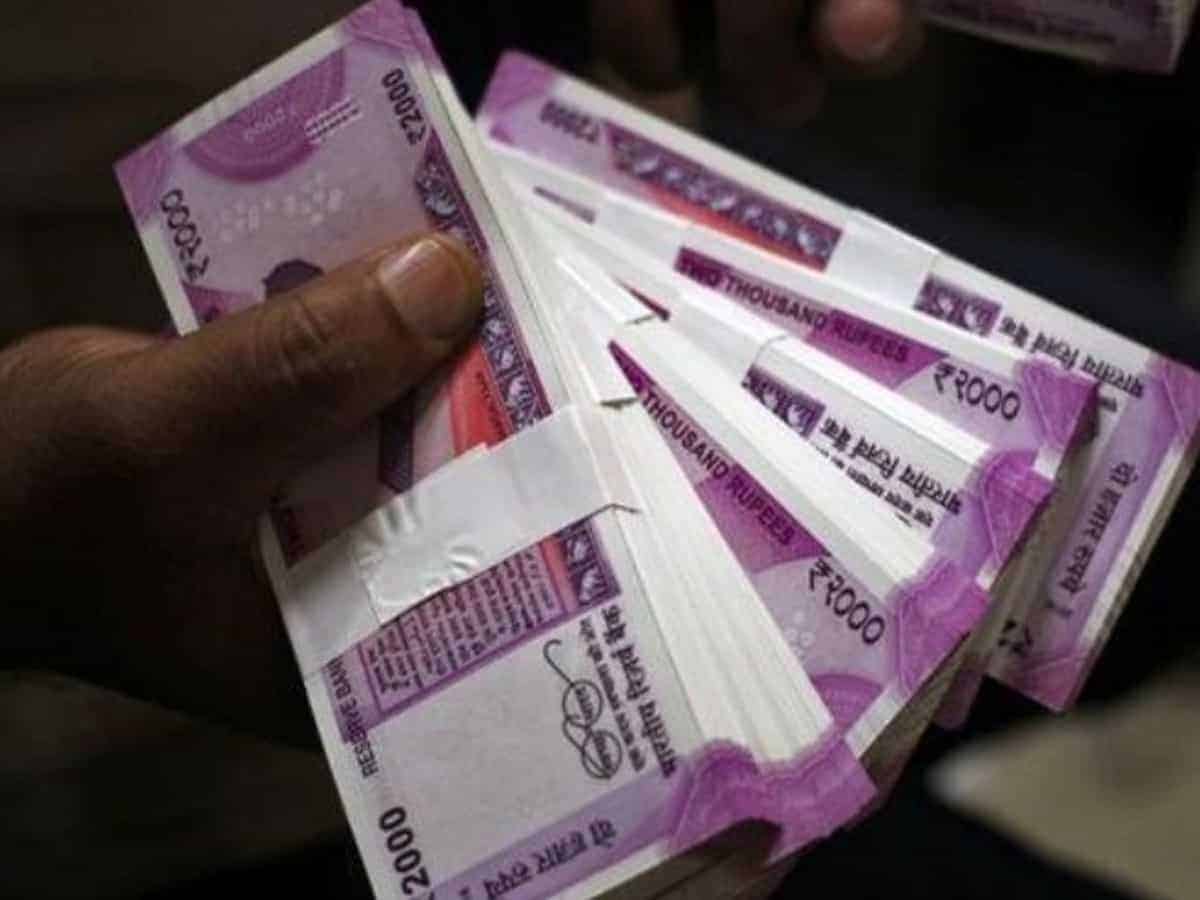New Delhi: There is no proposal to modify Income Tax returns forms, said Finance Ministry sources when asked to comment on the news reports that appeared in certain sections of media where it is reported that the purported Statement of Financial Transactions (SFT) expansion would result in the filing of high-value financial transactions in ITR by the taxpayers themselves.
Stating this understanding as “totally misleading”, the sources in the know of the matter said that it is a false conclusion. The taxpayer would not need to mention her high-value transactions in her return herself.
The reporting of high-value transactions to the income tax department is to be done by the third parties under the Income Tax Act. Also, it is the most non-intrusive way to identify those who spend big money on various items such as business class air travel, foreign travel, spend big money inexpensive hotels, send their children to expensive schools and yet they do not file the income tax return claiming that their income is less than Rs 2.5 lakh per annum.
According to Finance Ministry sources, the Income Tax Act already provides for quoting of PAN/Aadhaar for certain high-value transactions and their reporting by the third parties mainly for the purpose of the widening of the tax base. Currently, for example, the information regarding high cash deposit/withdrawal in bank accounts, purchase of shares, mutual funds, purchase of immovable property, etc are reported to the I-T Department by the third party.
Sources said that such reporting of high-value transactions is essentially used to identifying persons who avoid the filing of income-tax returns and paying income-tax besides high spending in their day-to-day life.
It is an open fact that in India only a tiny segment of people pays taxes and all those who should be paying their taxes are actually not paying their taxes. This fact was highlighted by the Hon’ble Prime Minister also in his speech on August 13, while launching the platform “Transparent Taxation – Honoring The Honest”.
Sources said that the Income Tax Department is relying more and more on voluntary compliance and therefore it becomes essential to identify the tax evaders and for that purpose expenditure data collected from third parties through SFT is the best and most effective non-intrusive method.
Any purported extension in the present list of SFTs, as reported in media, is certainly not going to impact or affect the taxpayers as they are not required to file details of high-value transactions in their ITRs.
Sources in the know of the matter clarified that the said news reports in a certain section of media claiming about the reporting of high-value transactions would be used for examining the affairs of honest taxpayers is totally baseless and without appreciating the way the department utilises this reporting by the third party.
The information will be used to identify those who are either not filing the returns or the income disclosed in the returns are not proportionate to the pattern of expenditure reported in the SFTs. Such exercise will be done through data analytics and artificial intelligence. There will be no manual intervention in such exercise.
Sources said that with the changing facets of taxation in India towards a faceless approach, it has become now even more imperative for the I-T Department to have broader SFT reports by the third party about those persons who undertake high-value transactions but still do not pay income tax. For example, a person who is paying school fees/donation of say Rs 5 lakh per annum and still does not file the income tax return by claiming that his income is not taxable is actually trying to dodge the income-tax system.
Similarly, a person who has made purchases of luxury items or spent a sizeable amount for hotel bills are potential taxpayers and should file his/her income tax return.
No doubt, the third-party reporting of high-value transactions made by such non-filers would allow the department to nudge such persons to file their returns and pay their due tax.
Sources said that if the department does not collect all this information, it would not be able to identify the persons who are liable to pay tax but are avoiding or evading the same. This would be a great injustice to the honest taxpayers who are paying their taxes diligently.
Also, the widening of the tax base would provide more fiscal space to the Government to lowering the tax burden of the honest taxpayers. Hence, identifying non-filers through a non-intrusive method of collecting information on high-value transactions from a third party is also a step in the direction of “Honoring the Honest”.

